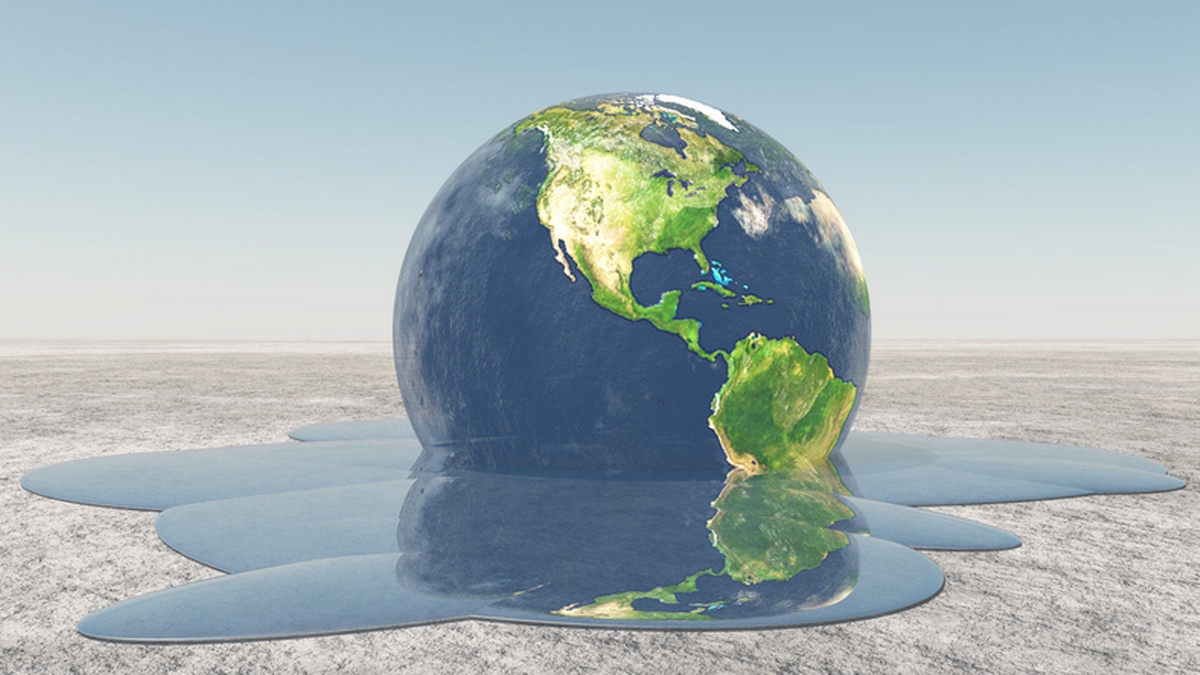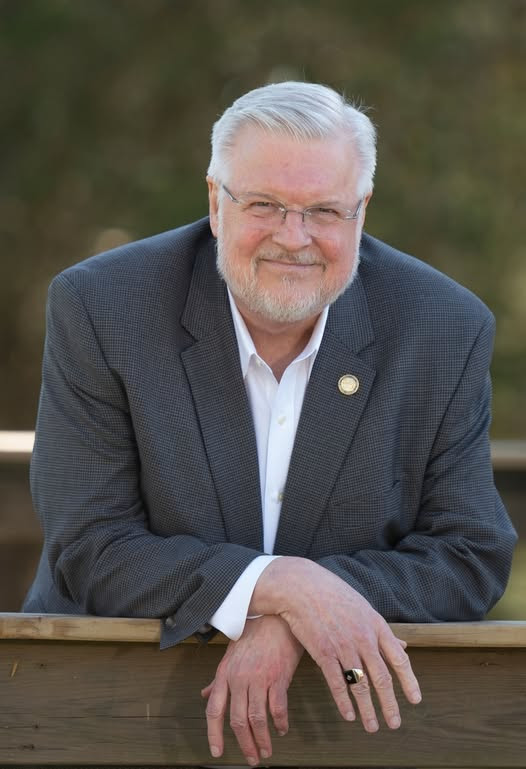By Rev. Mark Creech
revmarkcreech.org
According to E. Calvin Beisner, president and founder of the Cornwall Alliance for the Stewardship of Creation, a sobering number of young Americans are allowing fears of climate change to shape their lives in dramatic ways. One-third of childless men and women between the ages of 20 and 45, and a staggering 40 percent of Generation Z, say concerns about the planet are a factor in their decision to remain childless.
This is a tragic reflection of how deeply climate alarm has unsettled today’s youth.
Young people today have been raised under a steady stream of apocalyptic warnings. From school textbooks to documentaries to news outlets and politicians, they have been told, over and over again, that the planet has only a few years left and the human race is facing near extinction. Although many of these predictions have proven exaggerated or outright false, the repetition has done its work: it has created a culture of dread.
The late James Gregory, one of the funniest comedians ever, used to mock this kind of overblown rhetoric in his stand-up routine:
“Let me tell you folks about global warming, especially you young folks out there. Don’t worry about it…and I’ll tell you why….For as long as I have been alive, it’s been hot in the summer. Now this right here is almost unbelievable – some summers have been hotter than others.
“You know what it is? It’s just weather. There are so many things in this world that we should worry about, but we worry about what we should not worry about, and the weather is one of them.
“You know, let me give you an example…This was in USA Today just a couple of days ago. Alright, we all know that usually August is the hottest month of the year, and they’re predicting for this coming August… it’s going to be about 2 degrees hotter than the previous August.
“Well, let’s take a minute and think about that. Here’s what we should ask ourselves…Why is that even in the news?
All they’re saying is this: Seven months from now! It might be two degrees hotter than it was five months ago. What’s gone is gone, and between now and August, we all might get hit by a big old truck.”
Gregory makes us laugh, and that laughter comes from the absurdity of how climate reporting often functions: hyped, speculative, and oddly detached from the realities of everyday life.
Yet for many young people, it’s no laughing matter. Psychologists now use the term “eco-anxiety” to describe the fear, despair, and depression associated with climate fears.
Why is this happening? When young people, still forming their sense of stability and hope, are told by trusted authority figures that their world is ending, it doesn’t prepare them for life; it wounds them. It’s a form of emotional abuse that clips them at the knees.
At just 16 years old, Greta Thunberg delivered her fiery speech to the United Nations Climate Action Summit in 2019, shocking the nations with her repeated refrain, “How dare you!” One can almost imagine someone taking her aside, touching her on the shoulder, and gently saying, “Slow down, child. Take a deep breath. They’ve scared you with stories that are far worse than reality. Don’t let them steal your peace. You’re getting all worked up over nothing.” Her voice, trembling with anger, was not just youthful intensity but from anxieties borne of indoctrinations by so-called experts that the world was on fire. She had been repeatedly told that the earth was now balanced on a knife’s edge – warnings too heavy for a teenager to carry.
Without the anchor of a biblical worldview, nature itself becomes the ultimate. The earth is seen as fragile, and survival depends solely on human management. If we don’t “save the planet,” then all is lost. Utter, foolishness! Bunk! Poppycock!
Scripture gives us an entirely different perspective. “While the earth remaineth, seedtime and harvest, cold and heat, summer and winter, day and night shall not cease” (Genesis 8:22). The earth is the Lord’s, not ours (Psalm 24:1). Christ Himself upholds all things by the word of His power (Colossians 1:16–17).
This means that while stewardship is a Christian duty, the continuation of the earth does not rest on human shoulders. It rests on God’s promise and providence.
At the heart of climate alarmism is a misplaced faith in humanity’s power to control what only God can control. Policies, protests, and personal sacrifices are heralded as ways to “stabilize the planet.” But the Bible reminds us that God controls the climate, the seas, and the storms. He alone commands the weather.
Young people today need more than warnings of impending catastrophe. Instead, they need hope rooted in something unshakable. Climate fears have filled a void where faith in God ought to be.
Christians are called to be responsible stewards of creation. But the notion that this planet hangs by a thread of human effort is not wisdom but ignorance – ignorance of the most incredible truth: that a Sovereign and Benevolent God rules the universe, and none of His purposes can fail. He upholds His world, and His will shall prevail.
As Isaac Newton observed, “This most beautiful system of the sun, planets, and comets could only proceed from the counsel and dominion of an intelligent and powerful Being.” The Lord set these things in motion, and only He can bring them to an end.
The solution to climate fear is a return to faith in the God who made the heavens and the earth. Only then will young people be free from despair and empowered to live with hope, courage, and purpose.
As James Gregory once quipped, “Don’t worry about it. Who knows, one day we all might get hit by a big old truck.” His point was simple: life is short, and none of us really knows what tomorrow will bring.
So get on with living. But above all, give your life to the Lord. Turn from your sins and turn to Christ, for God has prepared an incredible future for all who trust Him.


